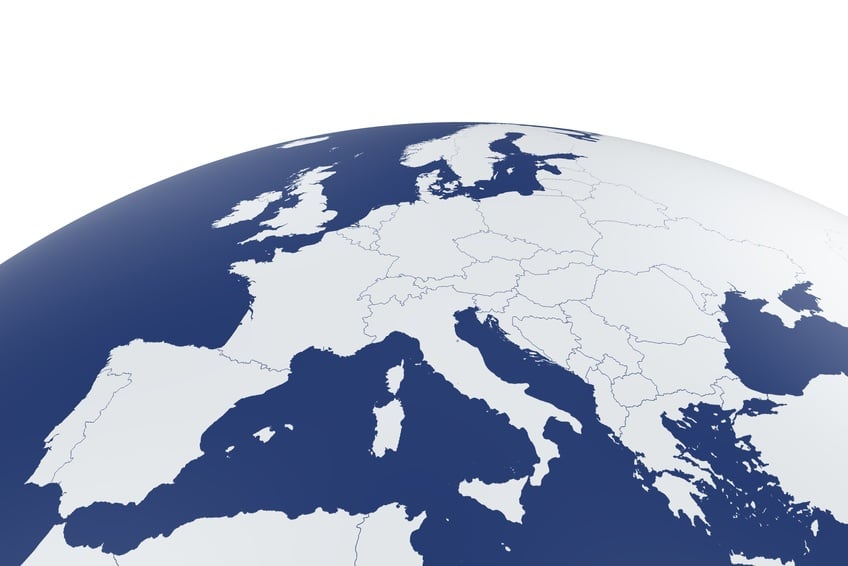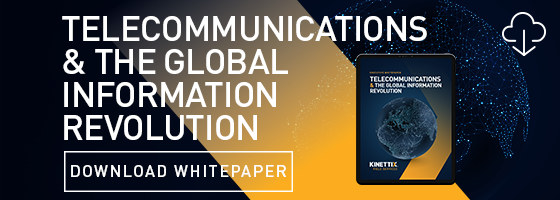You’re ready for your next big global telecommunications deployment. All you have to do is import the cables, routers, and switches and you’re good to go. Right?
Oh, if only it were that simple.
There are a host of processes you may be overlooking in your global telecommunications deployment. We’ll attempt to unpack some of them here.
You’ll have electronic compatibility considerations, encryption issues, and import/export paperwork to contend with. The best-laid plans can be thwarted by an overzealous regulator or stiff tariff. To do an end run around these telecom traps, you want to work with a partner that has an established presence in the country you are trying to do business.
Not surprisingly, Cisco Systems cites the following countries as having some of the strictest regulations for import: Cuba, Iran, North Korea, Sudan, Syria, and the Crimea Region.
Even supposedly “easier” markets to operate, such as the European Union, have their challenges. There are many import/export restrictions within the EU, but each individual country also has its own localized rules. For instance, Norway, which is part of the EU, has the Norwegian Communications Authority (Nkom), which regulates telecommunications deployments in the country.
Chinese telecom giant Huawei has a six-point overseas deployment checklist that can serve as a template for any organization attempting a global project. They include trade and customs, an integrated IT system to support business management, and all necessary clearance documents captured. You can read the full report here. The takeaway from the report can be summed up in this snippet:
“An orderly, open competition environment is not only the foundation for the sustainable development of the telecom industry but also ensures that consumers benefit from the latest telecommunications technologies.”
The challenge is in learning each country’s governing entities overseeing technological deployments. And that’s where partnering with a one-stop shop well-versed in each country’s rules is paramount.
Guess which country this law governs?
“The Telecommunications Technical Office (“TTO”) shall be the TRA’s internal unit responsible for validating the conditions stipulated by Sections 59 and 61 of the Telecommunications Law that are deemed necessary to permit public telecommunications network operators to construct, develop and maintain their networks in public and private properties.”
If you guessed Bahrain, you win a prize (bragging rights).
And if Bahrain sounds complex, consider that in this country, once a telecom is licensed for business, you must do this:
“A) require the licensee to pay fees annually to the Authority; (b) require strict adherence to the allotted frequency band; (c) prohibit the transfer of control of the licensee without the prior written approval of the Authority; (d) prohibit the assignment of the license, without the prior written approval of the Authority; (e) require the licensee, upon request made by the Minister of National Security and subject to any written law, to collaborate with the Ministry in matters of national security; and (f) require the observance of regulations made pursuant to this Act.”
If you guessed the above laws apply to Trinidad, you’d be correct. And that’s just one section of an over 140-page telecom handbook from the government.
And another:
- Applications for licenses shall be made by interested persons to the central State administrative body for telecommunications.
- Enclosed with every application shall be information regarding:
- the financial, economic and technical capacity of the applicant and the professional expertise of the applicant’s employees;
- the activities and experience of the applicant;
- the nature of the operation or service, including:
- its location and the range of services to be provided;
- the technology to be used;
- proposed service tariffs; and
- the anticipated cost of operating the license.
If you guessed Mongolia, you’re 3 for 3.
But the above-mentioned are relatively small markets. Look at Russia — one of the world’s largest underserved telecom markets — and the process of getting in with your telecom deployment is even more onerous. You can’t crack Russia without an importer of record (IOR).
In 2016, Russia enacted the “Yarovaya law.” Here’s how IT shipping company FGX describes the law:
“This law includes a vast data-eavesdropping and retention program, requiring companies doing business in Russia to record and store all customer communications for at least six months. While telecommunications and internet companies are affected most by these new laws, all companies looking to move IT equipment into Russia have been affected by this legislation. Companies are racing to become compliant with the new laws and avoid fines as high as 1 million rubles for non-compliance.
Unless you want to be shelling out 1 million rubles in fines, you need to have an Importer of Record, who can take care of issues including, as FGX says, “EAC Certificates, FSB Notifications, and Letters of No Encryption.” A company like Kinettix can take care of your entire global telecom deployment in Russia, including the headaches of scrubbing encryption capabilities and IOR paperwork.
Bottom line: You can’t expect any one telecom company to know every country’s maze of rules and regulations and import and export issues.
The telecom ecosystem is evolving with new platforms, new systems, and evolving rules and technologies. You need to work with a partner that can navigate the maze of rules in each country.






